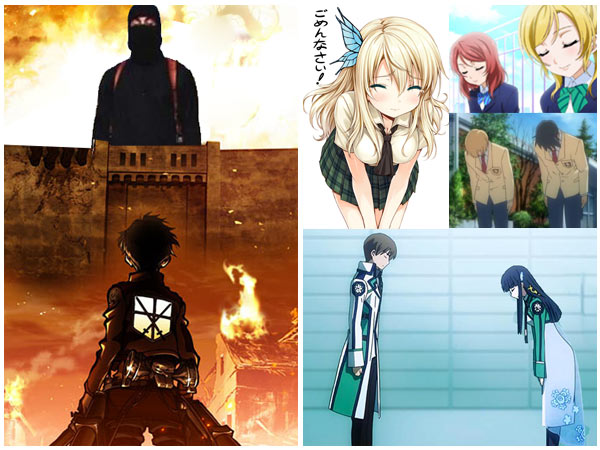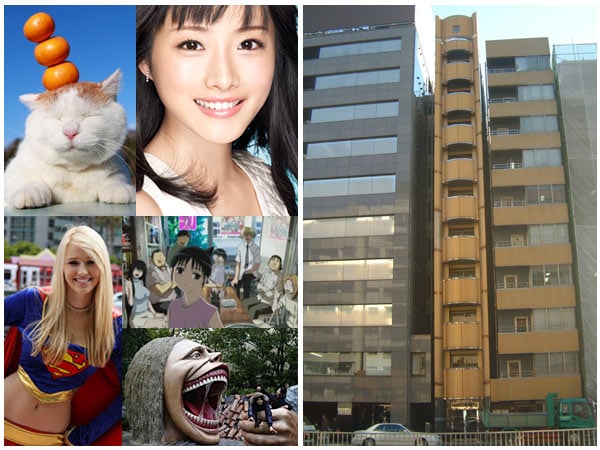
One theme I write about a lot is how Japan is a peaceful country where you’ll almost never encounter violence of any kind. About the only time I’ve felt unsafe here was the time I spent the night in a “24-hour sauna” (essentially a public bath and sauna with some chairs that allow customers to sleep overnight) in Kyoto. I hadn’t known that establishments like these in the Kansai region were filled with scary yakuza gangsters, and no normal Japanese, much less a naive gaijin, would ever go inside, though I did. Last week a tragic drama unfolded as two Japanese hostages – freelance journalist Kenji Goto and reported “military otaku” Haruna Yukawa – were under threat of impending death by extremists unless the Japanese government coughed up $200 million. Then something unexpected happened: Japanese Twitter users start a flash-meme called #ISISクソコラグランプリ, or ISIS Crappy Photoshop Collaboration Grand Prix, altering images of the terrorists by adding Mickey Mouse ears, showing them taking photos with selfie sticks, or turning them into Dr. Evil from the Austin Powers movies. While some Japanese were mortified their countrymen could be irreverent at such a serious (and ultimately tragic) moment, I thought the response was an excellent one. The point was to remove the ability of the extremists to cause fear by hitting back with humor, even dark humor, since there was nothing else to do. Back in the 1940s, civil rights activist Stetson Kennedy found an interesting way to fight the influence of the Ku Klux Klan by infiltrating the organization and passing their inner secrets to the writers of the Superman radio show, where they were mocked on a national level, and this meme had a similar effect. In the end the message from Japan was, “You can kill a few of us, but Japan is a safe and happy land with fast Internet, so go to hell.”
One of the most well-known features of the Japanese people is their custom of bowing to express politeness, apology or humility, though as with most aspects of the country, there’s more to the custom than is immediately visible to cultural outsiders like us. There are different terms for a bow depending on whether it’s a slight acknowledgement, such as to a coworker in the morning, a medium bow as from a student to a teacher, or a deeper, more formal bow that would be used in business relationships, or meeting the parents of the person you’ve become engaged to. Japan’s bowing culture crops up in unexpected areas, including while driving (when someone gives you the right-of-way) and while talking on the phone – it’s really an inseparable part of body language here. The other day I noticed that the employees of the gym I go to bow once before entering the workout area, and the J-List staff told me that this is because the gym is considered a dojo and is thus a holy place in the Shinto religion. Before starting J-List in 1996 I worked at a large English school where the staff did 朝礼 chorei (lit. “morning bow”), which is a brief formal meeting where the employees stand in a circle and basically promises to gambaru, or do their best and work hard, followed by a deep bow. We don’t do this at J-List because we prefer a less formal “work hard, have fun, make customers happy” business method instead.
J-List carries all the best English-translated visual novels from Japan, fully localized for maximum enjoyment by fans. Another option is our JAST USA sister site, which got a total refresh at the end of last year. The site now sells only download versions of games (for shrinkwrapped package games
please order from J-List’s English VN page), but you can now instantly download games you purchase, with no delay for processing!
















